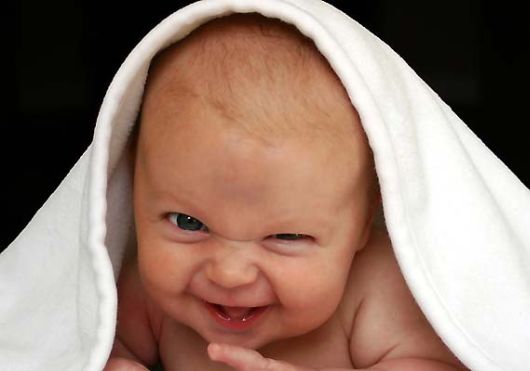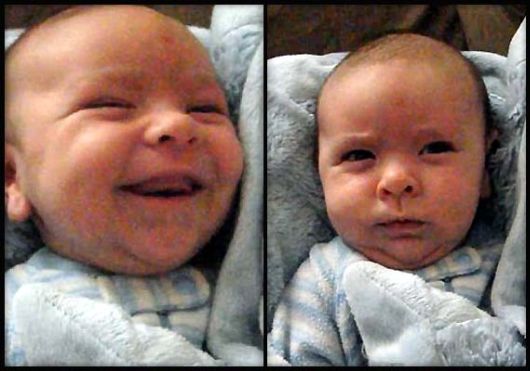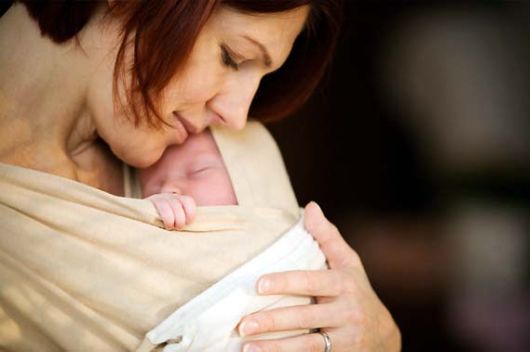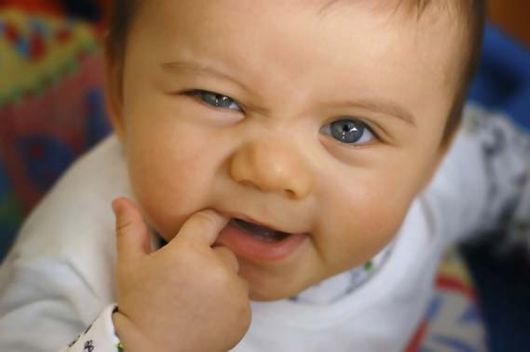
Your newborn can pretty well identify who is his/her friend or foe even before he/she acquires language skills or get matured enough to be able to make the distinction.
According to a new study on infant cognition by University of Chicago, even nine-month-old infants can engage in reasoning about whether the people they observe are friends or foes.
?This is some of the first evidence that young infants are tracking other people?s social relationships,? said Amanda L. Woodward, the William S. Gray Professor of Psychology and co-author of the study.

In this study, 64 nine-month-old infants, randomised into groups, watched videos showing two adults.
The adults ate two kind of foods and reacted in either a positive or a negative way to each food they ate.
In some videos, the adults shared the same reactions while in others, they reacted differently, said the paper published in the Journal of Experimental Psychology.
?Eating with family and friends is inherently social so infants might be particularly inclined to use eating behaviours to make inferences about social relationships,? noted co-author Katherine D. Kinzler, the Neubauer Family assistant professor of psychology.

The infants? responses to the videos suggested that they were surprised when adults who liked the same foods behaved negatively toward each other.
They were also surprised when adults who disagreed about the foods behaved like friends, said the study.
The study?s implication is that even at an early age, babies know that adults who agree with each other tend to act in a friendly way in other contexts.

?This study raises questions on how babies think about who gets along and who doesn?t,? said lead author Zoe Liberman, a doctoral student in psychology.
?I was surprised to find that babies at this age showed such strong responses,? Woodward added.

